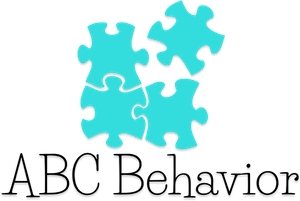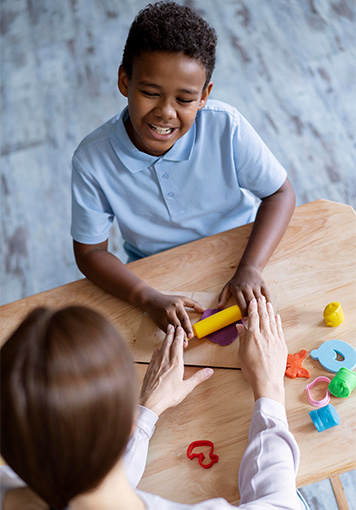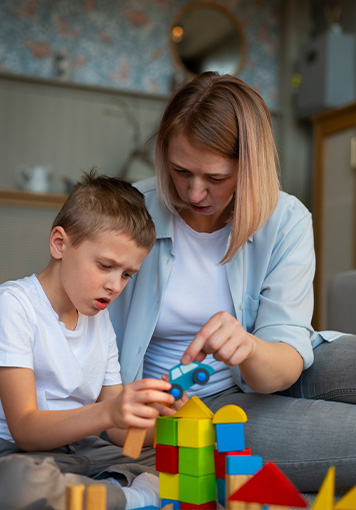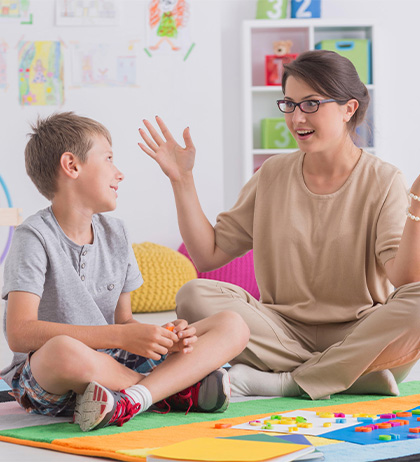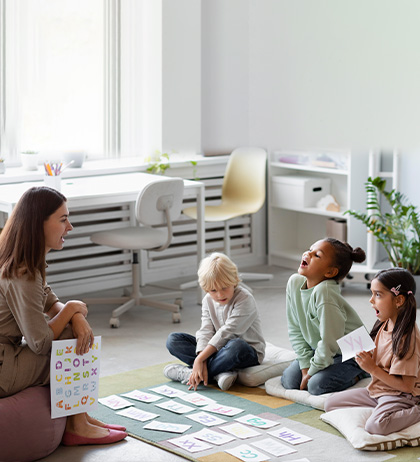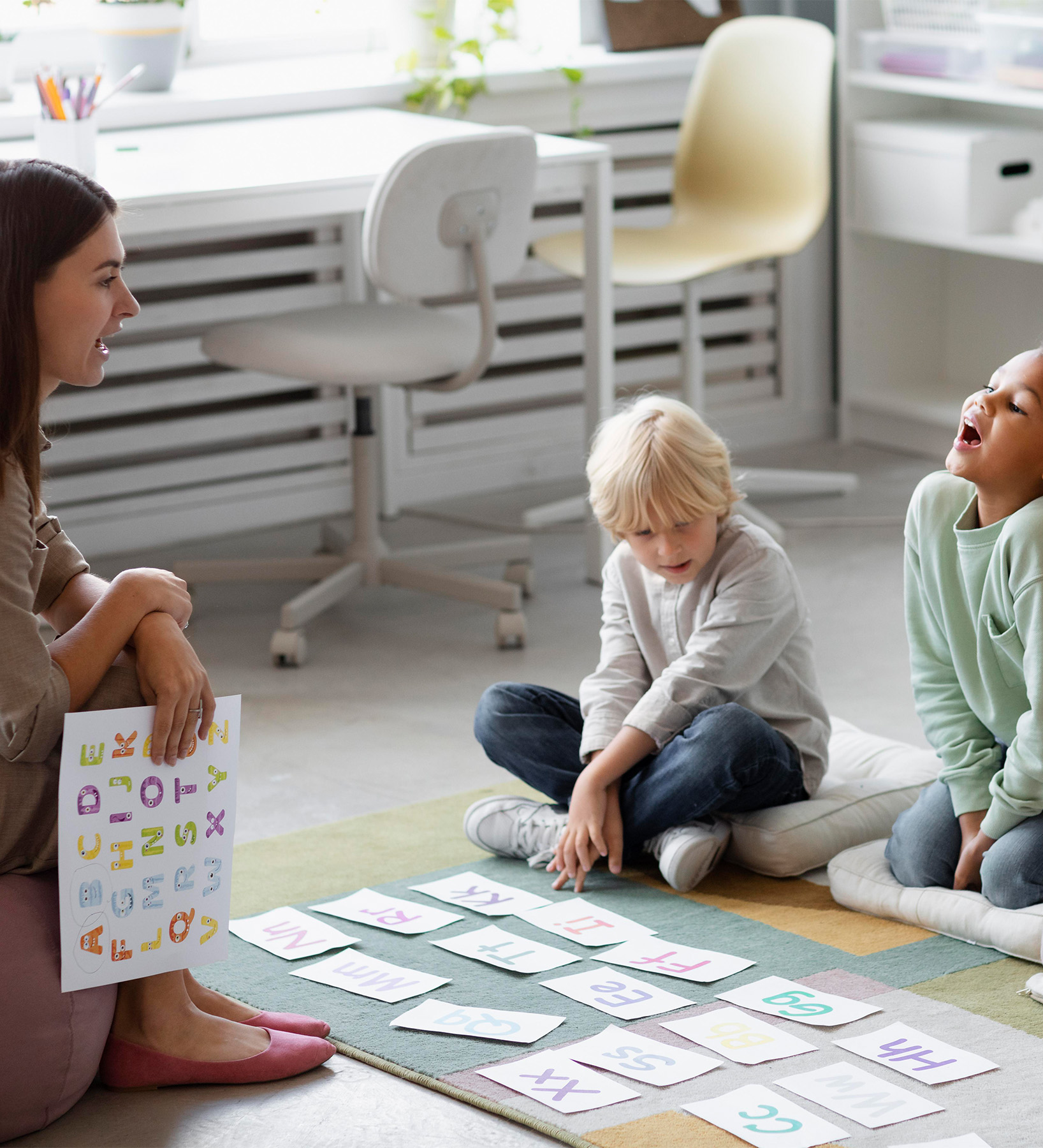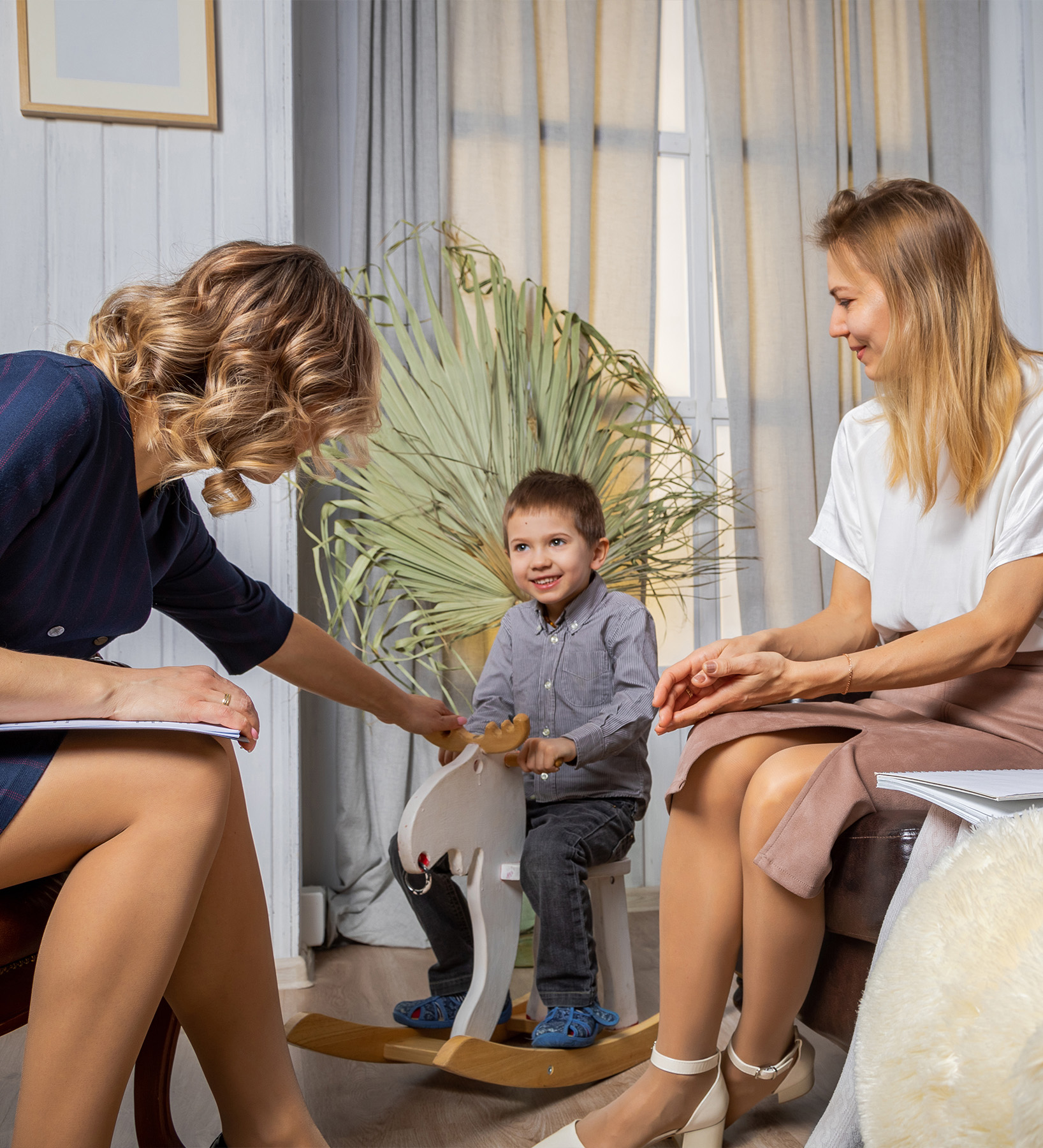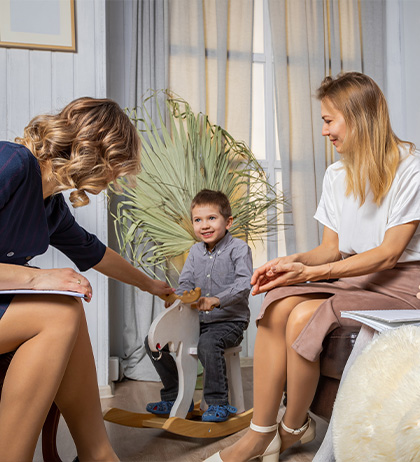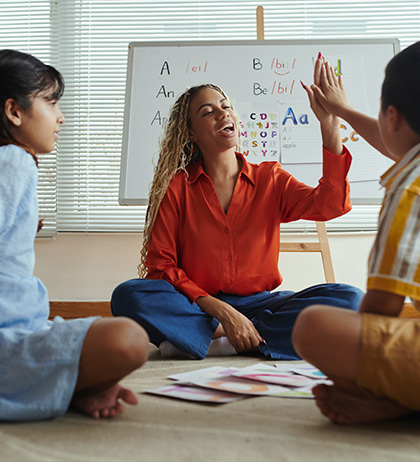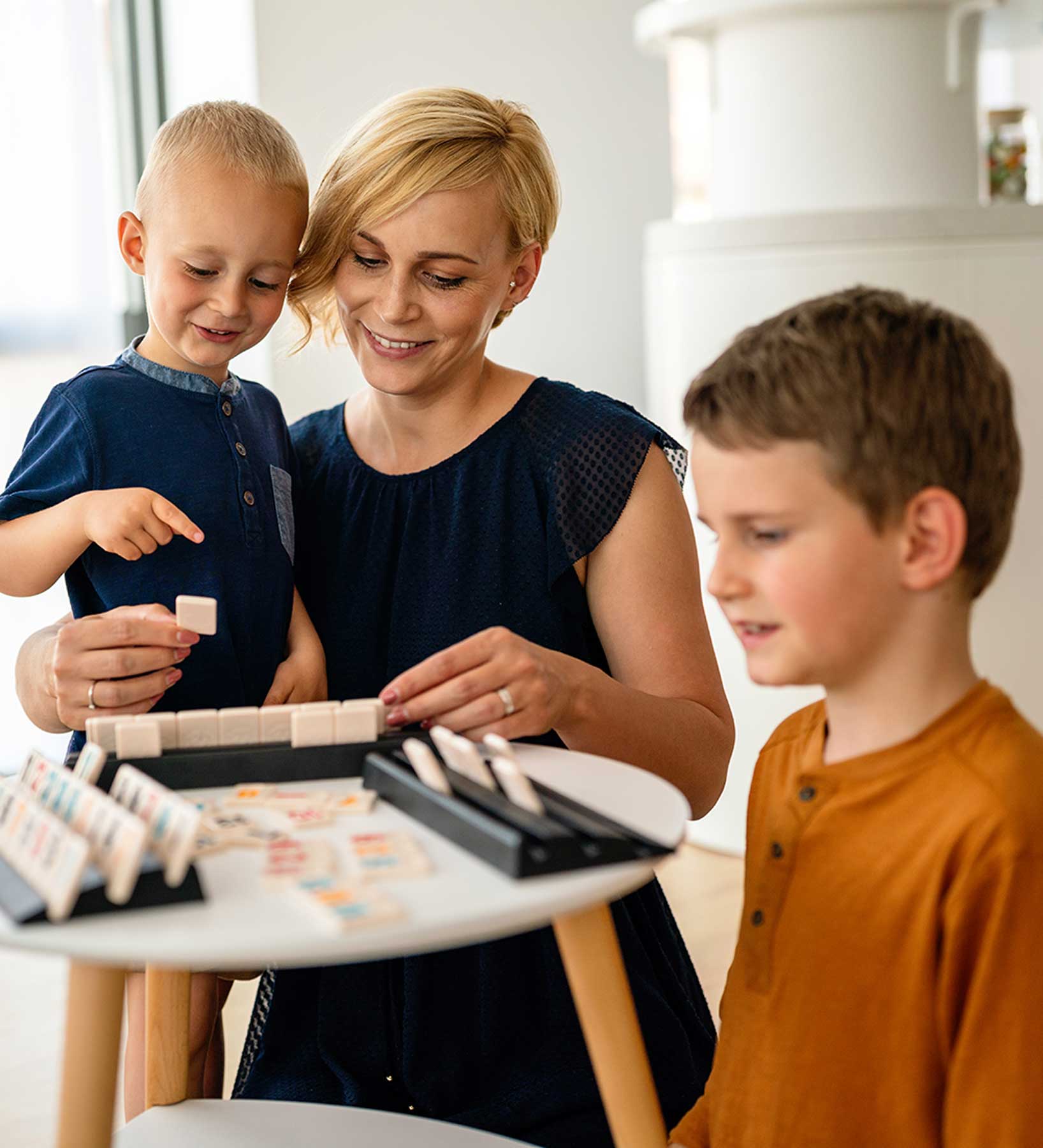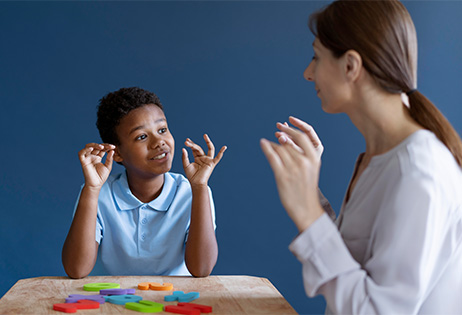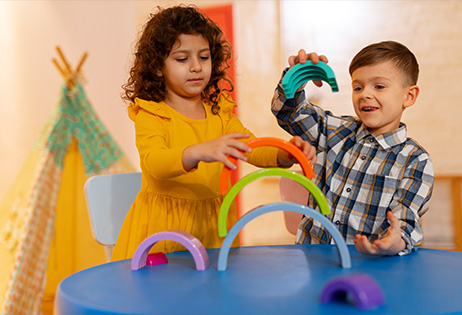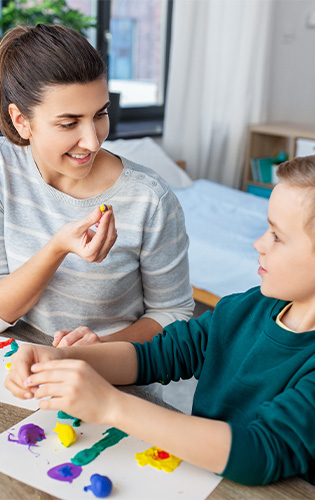
0
+
Happy Patients
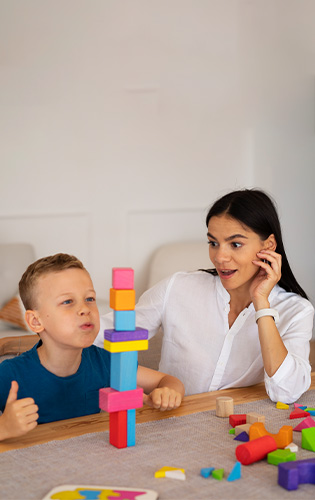
About Us
Transforming Lives with Compassionate, Data-Driven ABA Therapy
At ABC Behavior, we are dedicated to enhancing the lives of individuals with developmental disabilities and their families through compassionate, research-based, and data-driven Applied Behavior Analysis (ABA) therapy. We offer personalized care across in-home, clinic, social group, and community settings to individuals aged 1 to 21 years old. Our commitment is to empower our clients to achieve meaningful progress, fostering growth and independence within the Northern Virginia and Richmond Metro communities. As a franchisee of Hi-5 ABA, we work collaboratively with families to create positive, lasting change.
- Our Story: ABC Behavior began with a mission to improve the lives of individuals with developmental disabilities through compassionate, research-based therapy.
- Meet the Team: Our dedicated team of professionals works closely with each client to support meaningful progress and long-term success.
- Our Approach: We follow a personalized, data-driven ABA therapy model that collaborates with families, schools, and communities to create lasting change.

